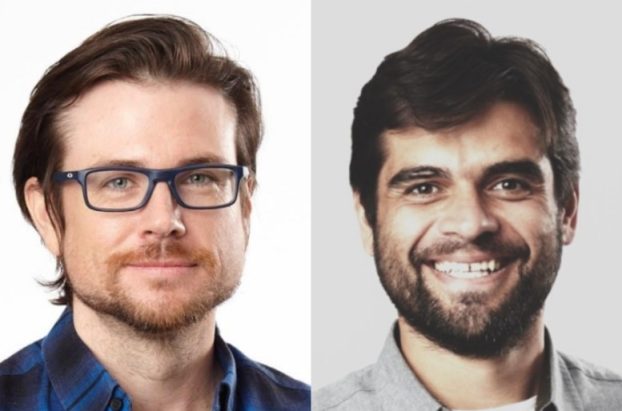Ken: I often find myself ‘advising’ the agency business what to do. I think turnaround is fair play, so here’s a problem for you: In the 1990s, Queen’s took some bold moves when it offered video-conferenced MBAs, went to a full-fee pricing model (increasing prices tenfold!) and decided to deviate from the one-size-fits-all MBA to offer a series of different ‘brands’ of MBAs to accommodate different needs. We made a whack of changes to curriculum, facilities and the like to support those moves.
And it worked. Our PR coverage, ratings, applications, placements and customer (student) satisfaction ratings went through the roof. But success brought emulation, and now many other programs offer the same features. Some even offer things that we don’t.
It’s time for the ‘next’ MBA and BComm innovation. So here’s my question: Since our value proposition is not about ‘granting degrees’ but rather about ‘accelerating careers,’ what would the renegade CMO advise us to do in terms of identifying the next ‘career-enhancing innovation in business education’?
Tony: Canada continues to be a hewer of wood, so to speak, a resource- and commodity-dependent economy rather than a country recognized for our ability to solve the world’s future problems, not simply fill their gas tanks. We need a vision and a fully funded strategic plan for this country that identifies the areas in which we can win on a global stage – areas where intellectual capital and creativity are valued over brawn. How can Queen’s adapt for the new world without this plan?
University is where the heads, hearts and hands of our future talent, the lifeblood of our country, will be shaped. It can’t act in isolation; it has to be part of a choreographed plan involving the public, private and educational sectors.
As I see it, our country’s direction embodies the exchange between Alice and the Cheshire Cat in Alice in Wonderland:
Alice asks, ‘Would you tell me, please, which way I ought to go from here?’
‘That depends a good deal on where you want to get to,’ said the Cat.
‘I don’t much care where,’ said Alice.
‘Then it doesn’t matter which way you go,’ said the Cat.
Ken: I think you just identified why we have a brain drain in this country. People may not like to hear this, but the market Queen’s and other B-schools serve is not just Canadian business. We have to practise what we preach, and that means we are in global business just like everyone else.
So what happens? The U.K. has a plan and a vision for fostering creativity and innovation, which leads firms to go there and flourish. Guess where any tuned-in, creative and innovative graduate wants to be? And here’s the kicker: they leave after enjoying a publicly funded education, which means our tax dollars end up subsidizing the economic development of other nations. That’s one of the reasons why we went to the full-fee model.
I know it sounds clichéd, but we really do need to bring government, business and academia to a pow-wow and segment the economic parties on a sector-by-sector basis. Otherwise, the so-called dialogue ends up with another motherhood statement about the need to focus on technology, blah-blah-blah.
Let’s be real renegades and actually make something happen so that the marketing industry in Canada does not go the way of auto manufacturing. Let’s become the place with a national plan to create a global competence in marketing.
Tony: In doing so, let’s not just stop the brain drain, let’s reverse it. We should be recruiting the best minds around the world and bringing them to Canada to help us build a world-class creative industry. Let’s brand Canada for what we are: a multicultural, tolerant society, supported by a great social system, a balanced budget and deep resources the world will treasure in the next 50 years.
Ken Wong is a career academic at Queen’s School of Business who wedges consulting between classes and speaking gigs. Tony Chapman is an entrepreneur/career brand guru and founder of Toronto-based agency Capital C. Both are legends (according to the Marketing Hall of Fame).























